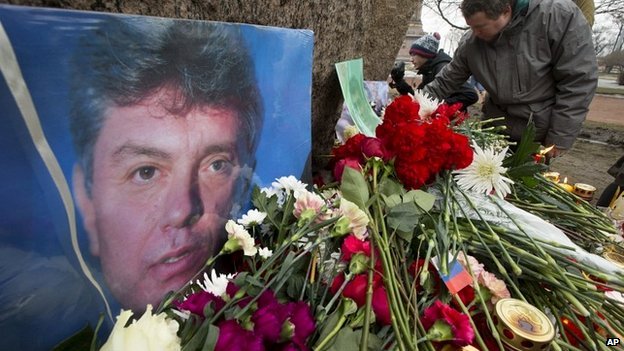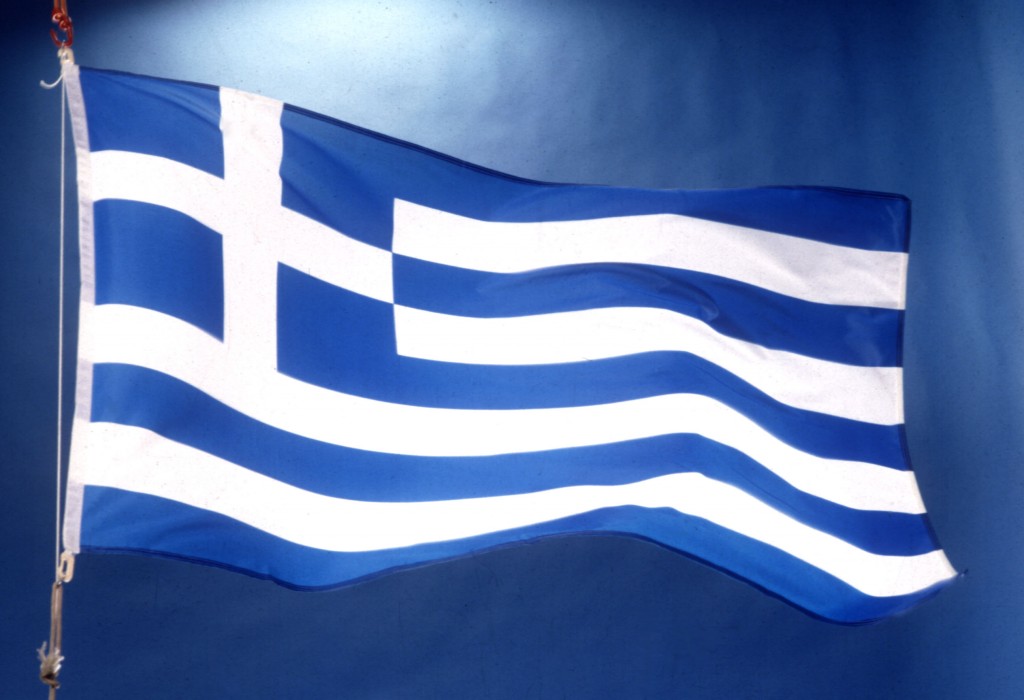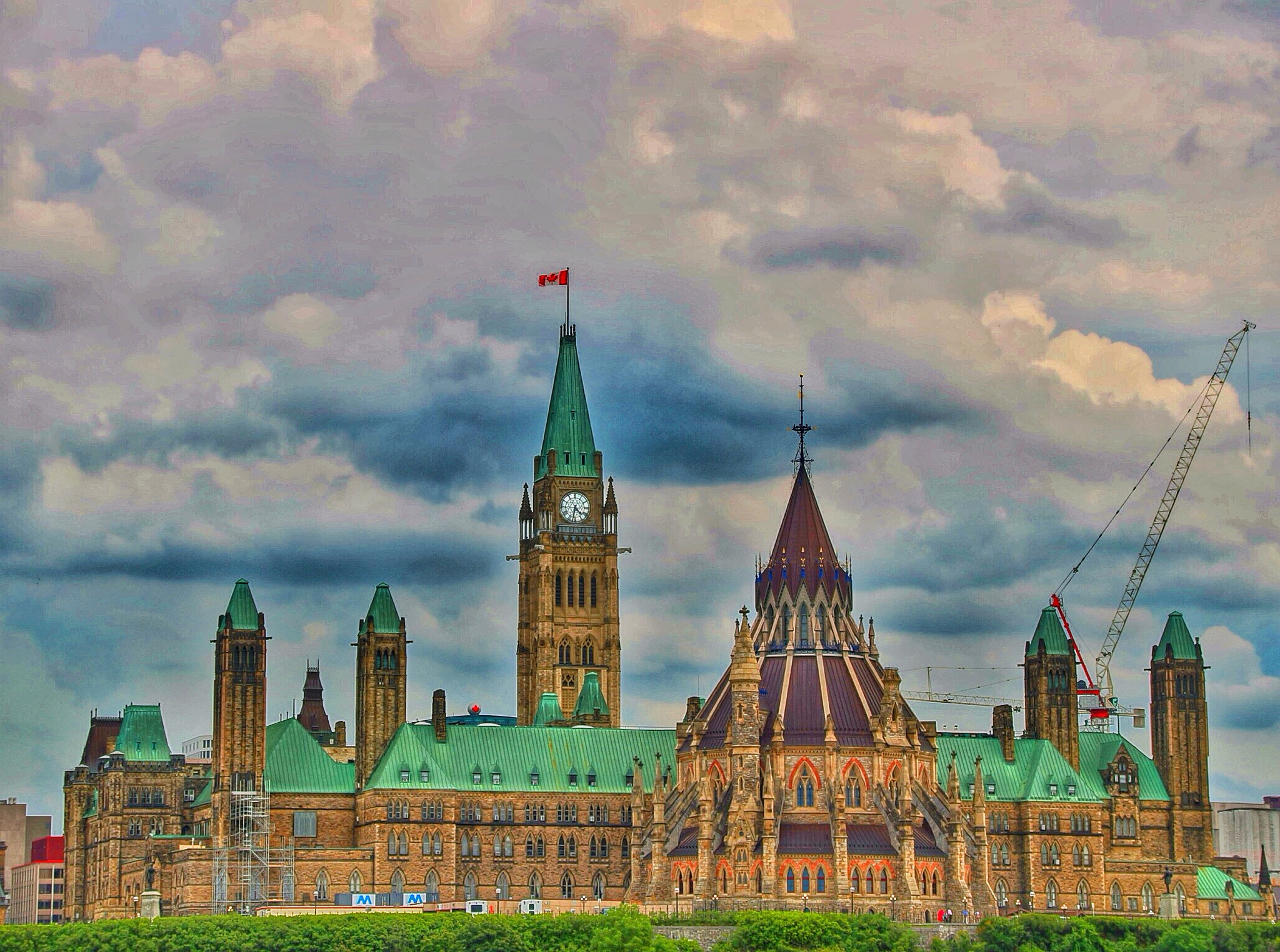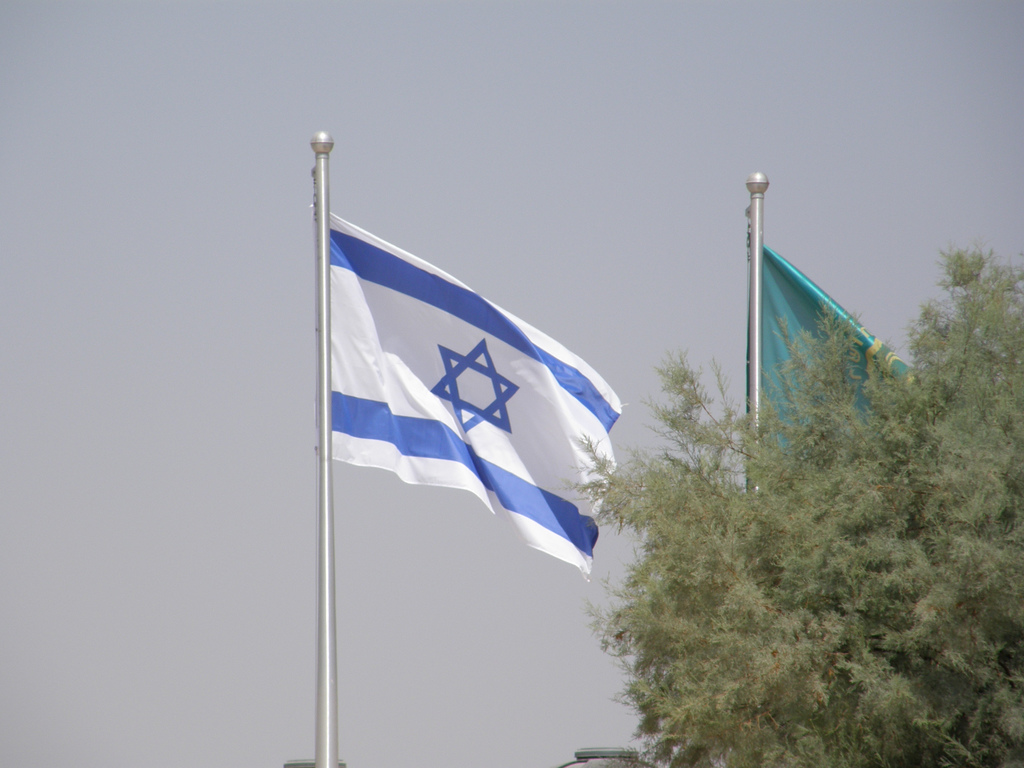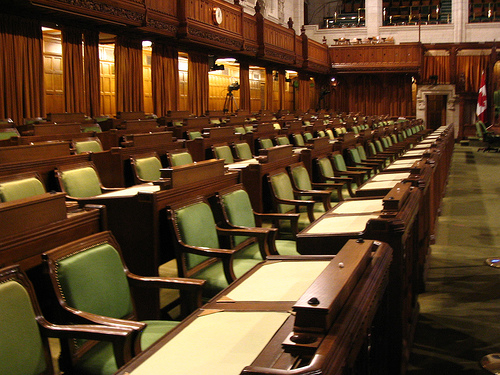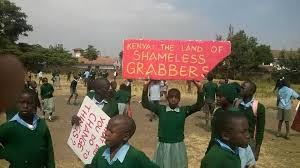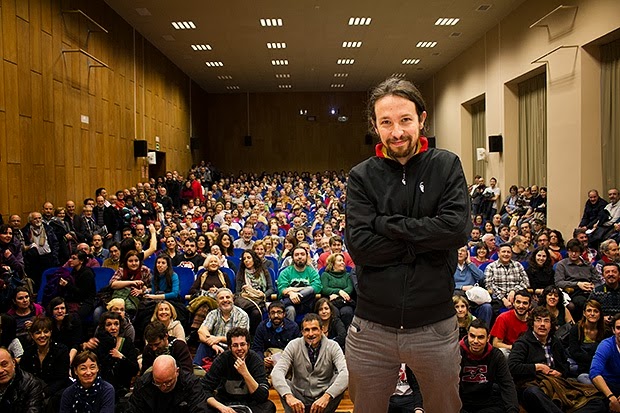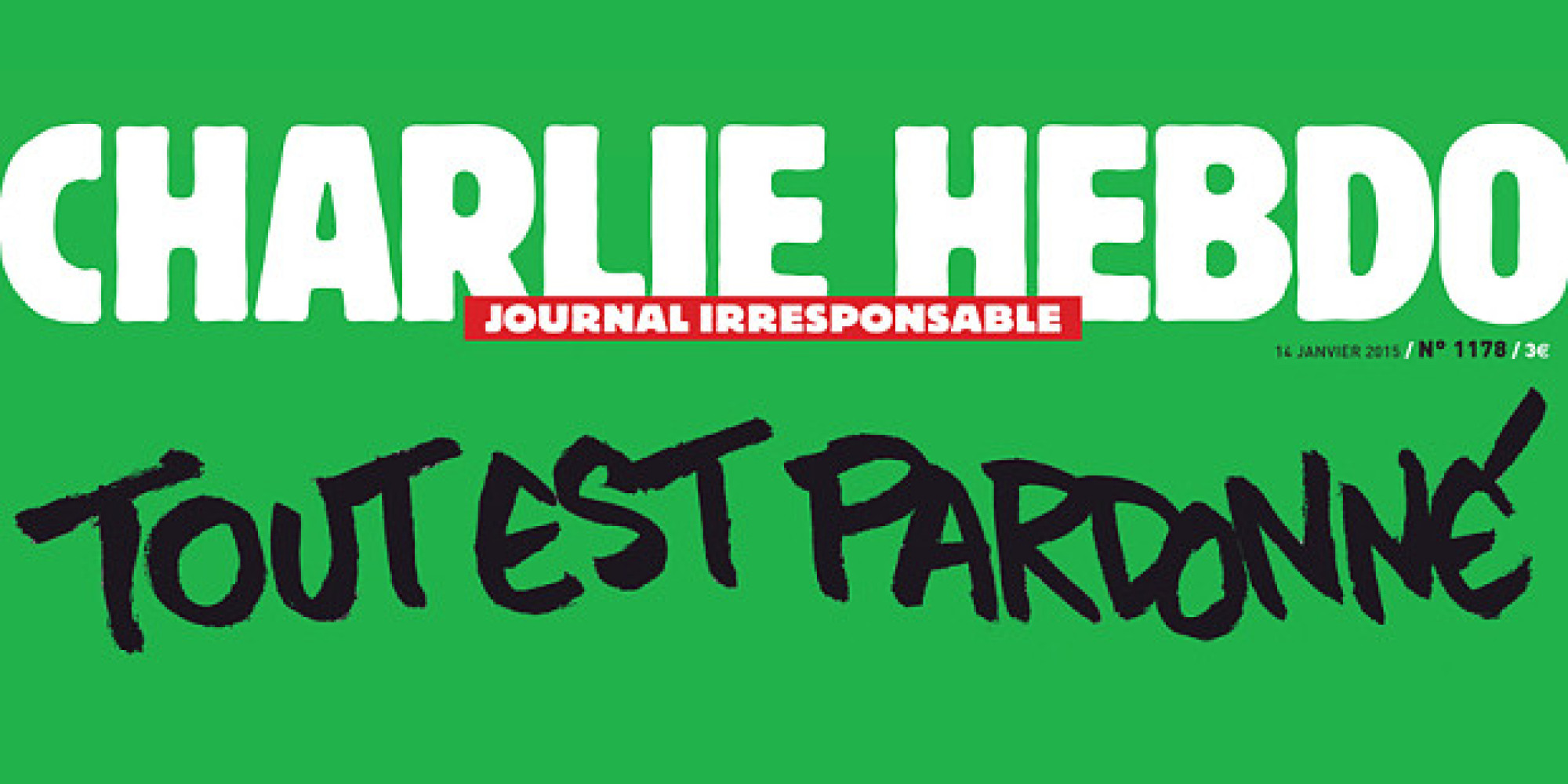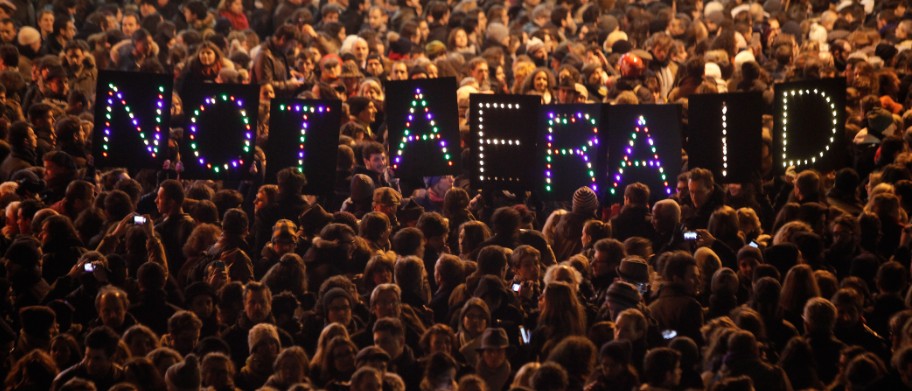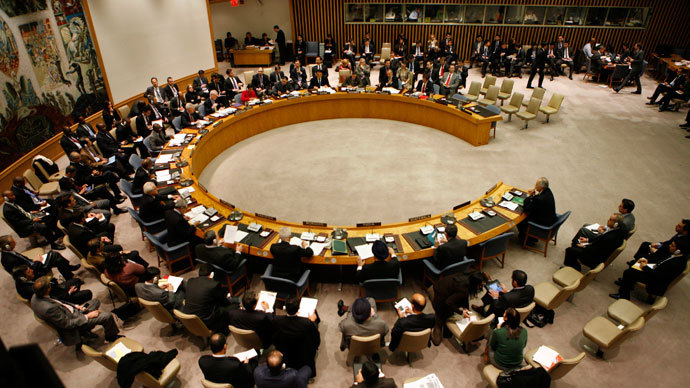Four years into the Syrian struggle, there seems to be little hope of an end to this war, rightly described by Noam Chomsky as “suicidal” in an interview conducted by the Lebanon-based Al-Mayadin TV channel back in January 2013. Thus far, the death toll is staggering, as 200,000 to 300,000 have been killed by the ongoing violence— figures that vary depending on the source. The human toll, however, is far more difficult to determine, as an additional 300,000 Syrians remain detained in the nightmarish prisons and torture cells of the regime, a number that pales in comparison to the eleven million—roughly half the country’s population—that have been displaced. Combined with the “non-human” losses, which include the destruction of half of the country and the division of its territories among warring parties, the devastating toll on the hearts and minds of the Syrian people is virtually impossible to quantify, despite the magnitude of these numbers.
To date, there have been many efforts to put an end to this insane conflict, formally starting with those initiated in late 2011 by Kofi Annan, the former UN Secretary General. As his initiative quickly failed, he was then followed by Lakhdar Ibrahimi, the veteran Algerian-Arab diplomat, whose position as the Arab League Envoy granted him his mandate from both the UN and the League of Arab States while also situating him between the Arab World and the world at large. However, after his concerted efforts crumbled, he resigned and was replaced by Staffan de Mistura, who was appointed on July 10, 2014 by the UN Secretary General as a special envoy mandated to try where his predecessors failed.
Diplomatic landmarks pointed the way, starting from the 30th of June 2012. On that date, the Geneva I Conference on Syria was held thanks to the perseverance of Kofi Annan. Russian Foreign Minister Sergei Lavrov, the then US Secretary of State Hillary Clinton, and British Foreign Secretary William Hague were among the more vibrant players who attended. The conference called for the establishment of a Syrian transitional “governing body” which would include figures from both the regime and the opposition, who would collectively supervise, amongst other things, a centralized ceasefire, the release of all political prisoners, the writing of a new constitution leading to the birth of a democratic system, and the facilitation of free and fair elections in which all political parties can participate.
The position of the Syrian President Bashar Al-Asad remained largely undecided in light of different interpretations regarding just how such a transitional scheme would be executed. While the US advocated his removal from power during this transition, the Russians insisted that the transitional period be presided by him, something regarded by most Syrian opposition organizations as an obstacle to any real change aiming at ending the dictatorship and establishing a democratic system.
Geneva II was initiated in Montreux, Switzerland on the 22nd of January and continued in Geneva on 23rd of January 2014. Then representatives of the Syrian regime and the opposition held two rounds of direct talks. The first took place on January 24, and the second from February 10 to 15. The defiant, arrogant, and uncompromising position of the representatives of the Syrian regime prevented any meaningful results, as they reiterated the exhausted claim to be fighting a war against terrorism, labeling the entire opposition as “terrorists” in order to delegitimize their claims. Frustrated Lakhdar Ibrahimi, who remained all along too diplomatic to blame the regime, apologized to the Syrian people for his failure to have the two negotiating sides demonstrate any seriousness to end the conflict.
Now, almost a year after the Geneva II peace talks—talks that were largely ceremonial and amounted to little quantifiable or even symbolic progress—the political initiative is being taken by Russia, the main international backer of the Syrian regime. Russia’s motivation may be attributed to the need to remind all invested parties—particularly the US and its regional and international allies—of its ongoing influence in Syria.They may view this as more pertinent now than ever in light of the US-led military campaign against the Islamic State (IS), formerly known as the Islamic State in Iraq and the Levant (ISIL), which has since September 2014 seen the US-led coalition carry out hundreds of air strikes on IS positions in Syria, one month after the strikes started on IS targets in Iraq. While the Syrian regime benefited indirectly from such strikes against what is now its most formidable military rival, the Asad government is still wary of any American-engineered involvement on Syrian soil, regardless of Obama’s relentless claim to be waging a war that seeks to “degrade, and ultimately destroy” ISIL. What makes this involvement more worrisome to the Syrian regime is that it is part of a wider plan to exert military pressure on the regime by making other “moderate” groups of the military opposition reap the fruits resulting from the weakening of IS in Syria. This has been made more obvious as the US is making no secret of its plan to train anywhere between 5000 and 15, 000 additional Syrian opposition fighters on Saudi soil in the spring of 2015.
In late December 2014 the Russian foreign ministry sent invitations to representatives of the Syrian opposition, both within Syria and in exile, to hold talks with Russian officials between 26 and 29 January 2015, to be followed by direct talks with representatives of the Syrian regime. The ultimate aim, according to the declared intention of the Russians, is to reach a political solution to the struggle in Syria.
The big question here is: Would this step produce a light, however dim, at the end of the horrific (almost surreal) Syrian tunnel? The answer depends on several factors. The key factor, above all, probably lies in the sincerity of this Russian initiative, including Russia’s willingness to commit to its own endeavors beyond the point of empty rhetoric. If its efforts serve simply as a reminder to all parties involved in the Syrian conflict, regional and international, of the continued Russian influence in Syria, then there is little hope of any concrete results. This seriousness will eventually be tested during the talks between the opposition figures and the Syrian regime’s delegation. If the Russians persist in supporting the regime’s stance with regard to “leading” the transitional period of political change in Syria, then the whole process will bring forth nothing but a stillbirth. The majority of the Syrian opposition has already made a major concession by accepting to share the transitional governing body with regime figures that they claim have “no blood on their hands.”
The Russian initiative is coordinated with the Egyptian government, which will host important talks among representatives of 23 Syrian opposition organizations, to be held in Cairo on January 21 and 22, 2015. If these delegates can agree on a broad stance that would transcend the fragmentation that has thus fair plagued the Syrian opposition, this would represent a significant step forward. This latter achievement would be added to the signing in Istanbul of a “roadmap” on January 3, 2015 by representatives of most Syrian opposition forces. These include dozens of political and military organizations. The roadmap proposes, among other things, a “transitional government” with full executive powers, including those enjoyed by the president and the prime minister, and a “military council” to be equally divided between the regime and the opposition. Anticipating the stalling tactics of the Syrian regime, the signatories to the roadmap stipulate that the proposed negotiations with the regime must not drag on for more than three months.
Syria watchers will be following closely the results of such important strings of meetings, namely those held by the Syrian National Coalition in Istanbul, which ended on January 4 2015; the broader meetings of the Syrian oppositions, to be held in Cairo on the 21stand 22ndof January 2015; and the meetings between representatives of the Syrian opposition and Russian officials in Moscow, which will be followed by direct talks between opposition members and Syrian envoys from 26th of January. The final results of all these negotiations will impact the Syrian conflict for months to come, if not longer.
Analysis by Faysal Mohamad
